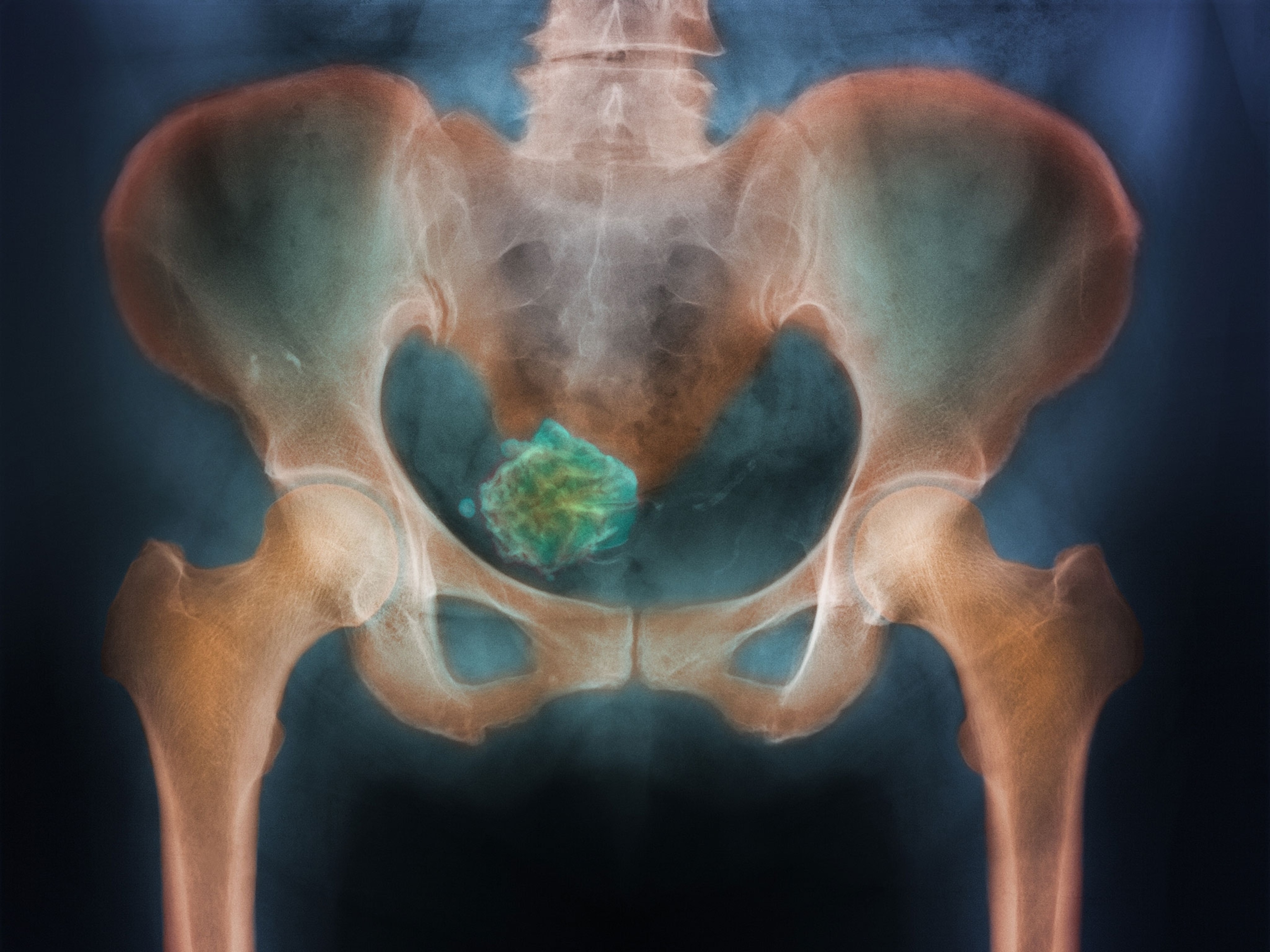Exercise during pregnancy may cut a child’s asthma risk in half
Asthma in on the rise in kids, but prevention can start in the womb.

Wheezing, shortness of breath, tightness in the chest: the symptoms of an asthma attack can be scary, especially for children.
But, a new study suggests that pregnant women may have some agency over whether their child develops asthma.
Researchers from Finland found that the offspring of women who exercised at least three times a week during pregnancy were less than nearly half as likely to be diagnosed with asthma as the children of inactive women.
“We showed for the first time that it could actually also protect from asthma development,” says Pirkka Kirjavainen, lead study author and a researcher at the University of Eastern Finland.
What causes asthma in children?
Asthma affects nearly 25 million people in the United States, including 4.7 million children under the age of 18, according to the National Institutes of Health.
This chronic lung condition, which causes airway inflammation and constriction, can be diagnosed at any age. Each year, over 700,000 emergency room visits involve children with asthma, according to the Journal of the American College of Emergency Room Physicians.
While the exact cause of asthma remains unclear, and there is no cure, scientists know it often runs in families and have linked the condition to over 30 genes.
(Ground-level ozone is getting worse. Here's what it means for your health.)
Children with mothers and fathers who have asthma are three times and 2.5 times, respectively, more likely to develop the condition.
“The genetic predisposition is very strong,” Kirjavainen says. “But even if you have the genetic predisposition, it depends upon the environmental factors whether you have the onset of asthma.”
Factors such as prenatal antibiotic treatments, indoor pollutants, smoking, and being overweight can factor into the development of the disease in adults.
Socioeconomic factors can also play a significant role. Researchers supported by the National Institute of Environmental Health Sciences have found that adults living in neighborhoods with the most air pollution had the highest rates of asthma.
How can maternal exercise be protective?
Fortunately, though, recent research suggests pregnant women may have some degree of control over whether their children develop asthma.
While women were once advised to avoid exercise during pregnancy to avoid the risk of premature labor or low birth weight, physical activity is now seen as beneficial for the well-being of both the woman and the fetus.
Moderate physical activity can help prevent excessive weight gain and gestational diabetes while supporting heart and lung health during pregnancy, according to the U.S. Centers for Disease Control and Prevention (CDC). The agency recommends healthy pregnant women get at least 150 minutes of moderate-intensity exercise per week, which can include brisk walking, bike riding, and yoga.
(No time for daily exercise? Weekend workouts still offer the same health benefits.)
Maternal exercise is also associated with better outcomes for the fetus. Studies have shown that regular physical activity with increased blood flow during pregnancy can result in better lung, heart, and cognitive development in the fetus.
Conversely, inactivity during pregnancy may lead to poorer health outcomes for children. A 2022 study by Norwegian and Swedish scientists found that the 3-month-old babies of women who reported being inactive during the first half of their pregnancy had greater odds of low lung function than those who said they were “highly active” during pregnancy.
The recent study expanded on these findings by analyzing 963 mother-infant pairs. Participants completed questionnaires in the first and third trimesters, which were used to assess their activity levels and their children’s health outcomes. They found that pregnant women who exercised at least three times a week were 50 percent less likely to develop asthma than children of less active mothers.
Stephen Kimura, a board-certified allergist and immunologist based in Pensacola, Florida, says these findings were exciting, as they suggested an accessible way for pregnant women to potentially prevent the onset of asthma in their children.
“Nowadays, there’s so much focus on treatment,” Kimura says. “Once the child has asthma, there’s so many medications out there and so many new biological injections that we can give to help treat the disease. So if we can identify the high-risk individuals and alter maternal care and decrease asthma, that would be great.”
For example, Kimura says he’ll see a child who has been diagnosed with asthma accompanied by a pregnant woman who wants to know what she can do to prevent asthma in the next child. He thinks it’s great that he can now recommend something relatively easy, such as getting moderate exercise at least three times per week.
(Here’s what lifting weights does to your body—and your mind.)
How about women who may not be physically able to get 30 minutes of exercise five days a week during pregnancy? Study researcher and co-author Emma-Reetta Musakka of the University of Eastern Finland says there are many exercises pregnant women can do, even while seated.
“Our research nicely shows that it’s better to do something than nothing,” she adds.





